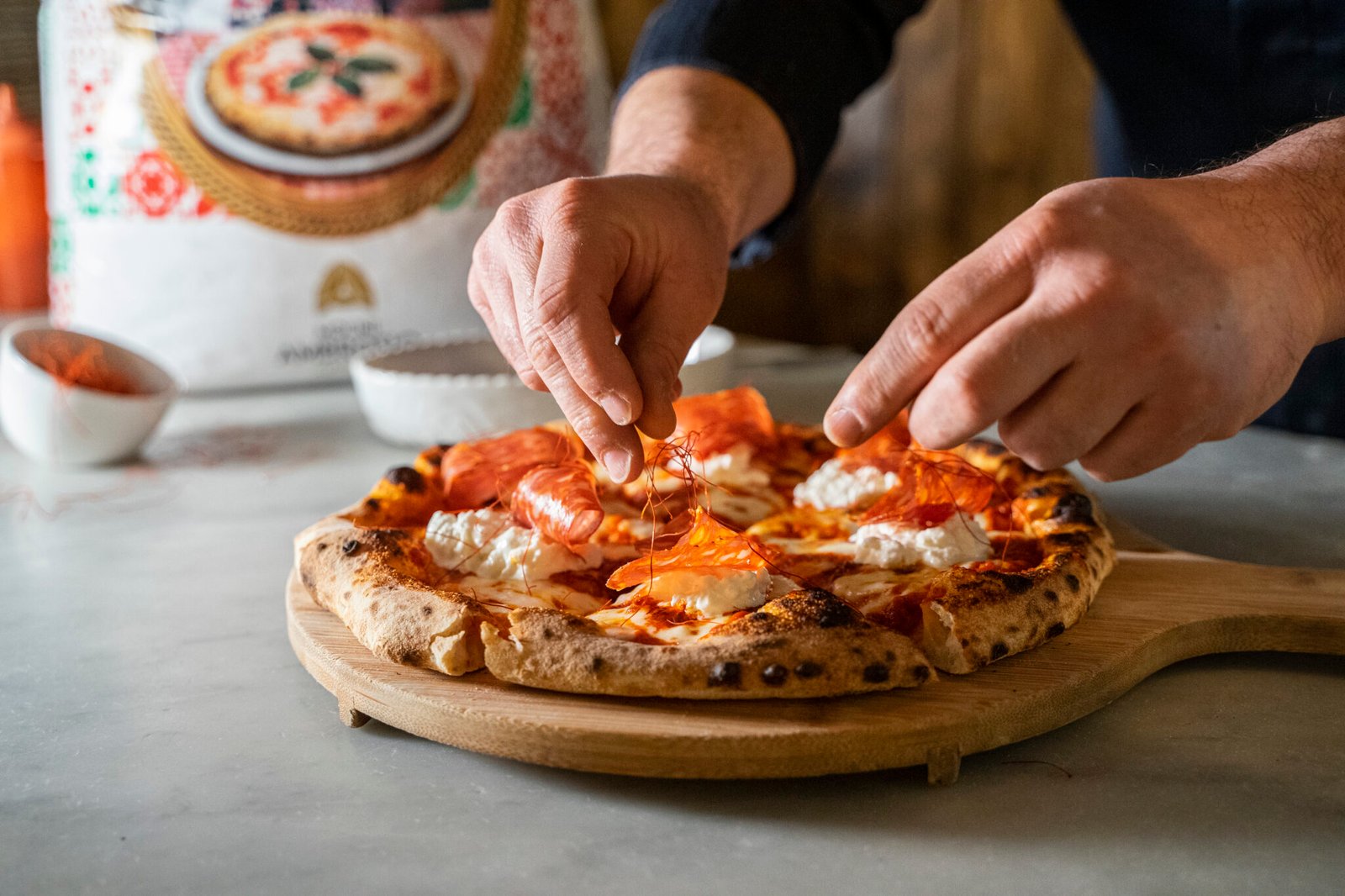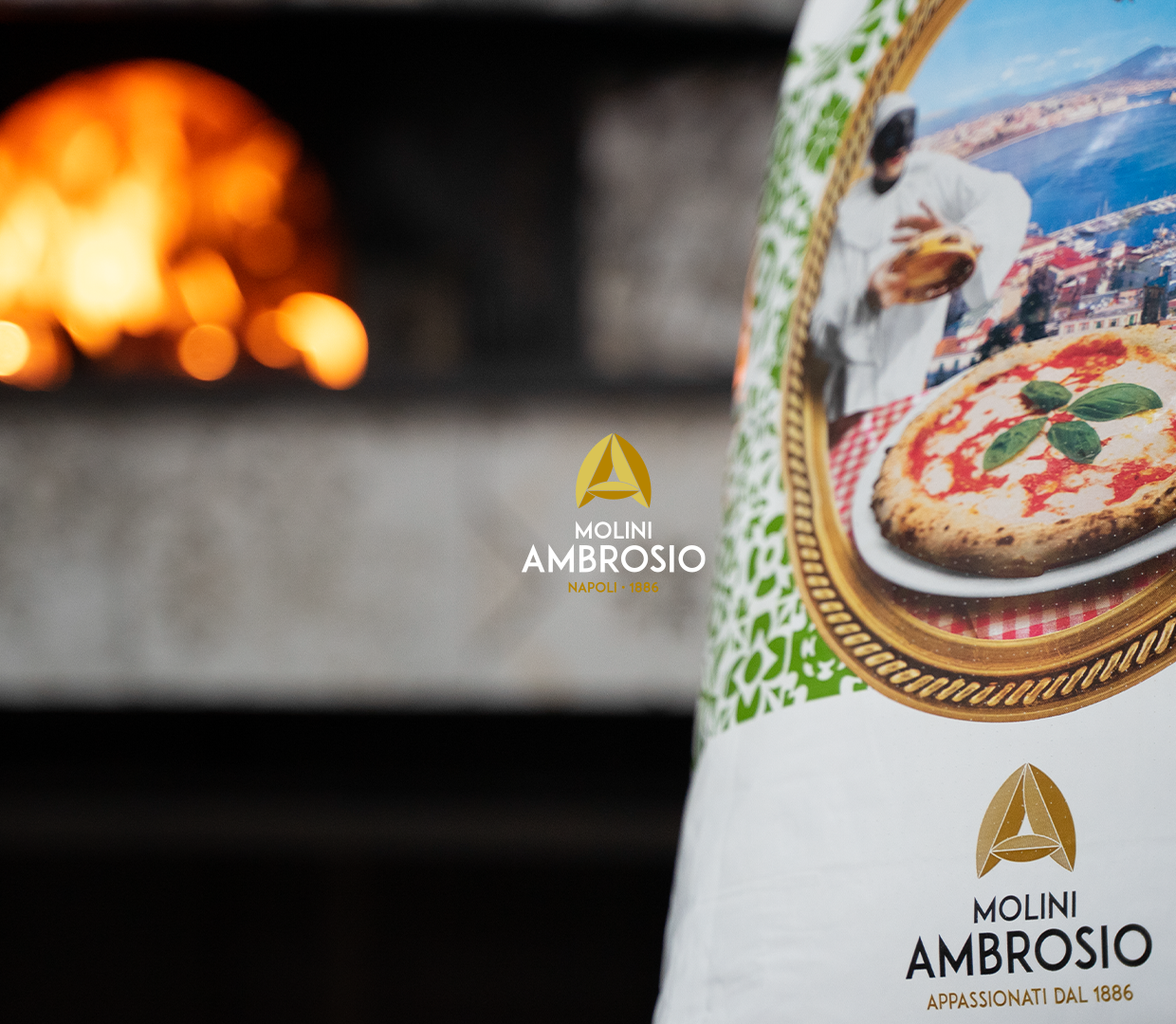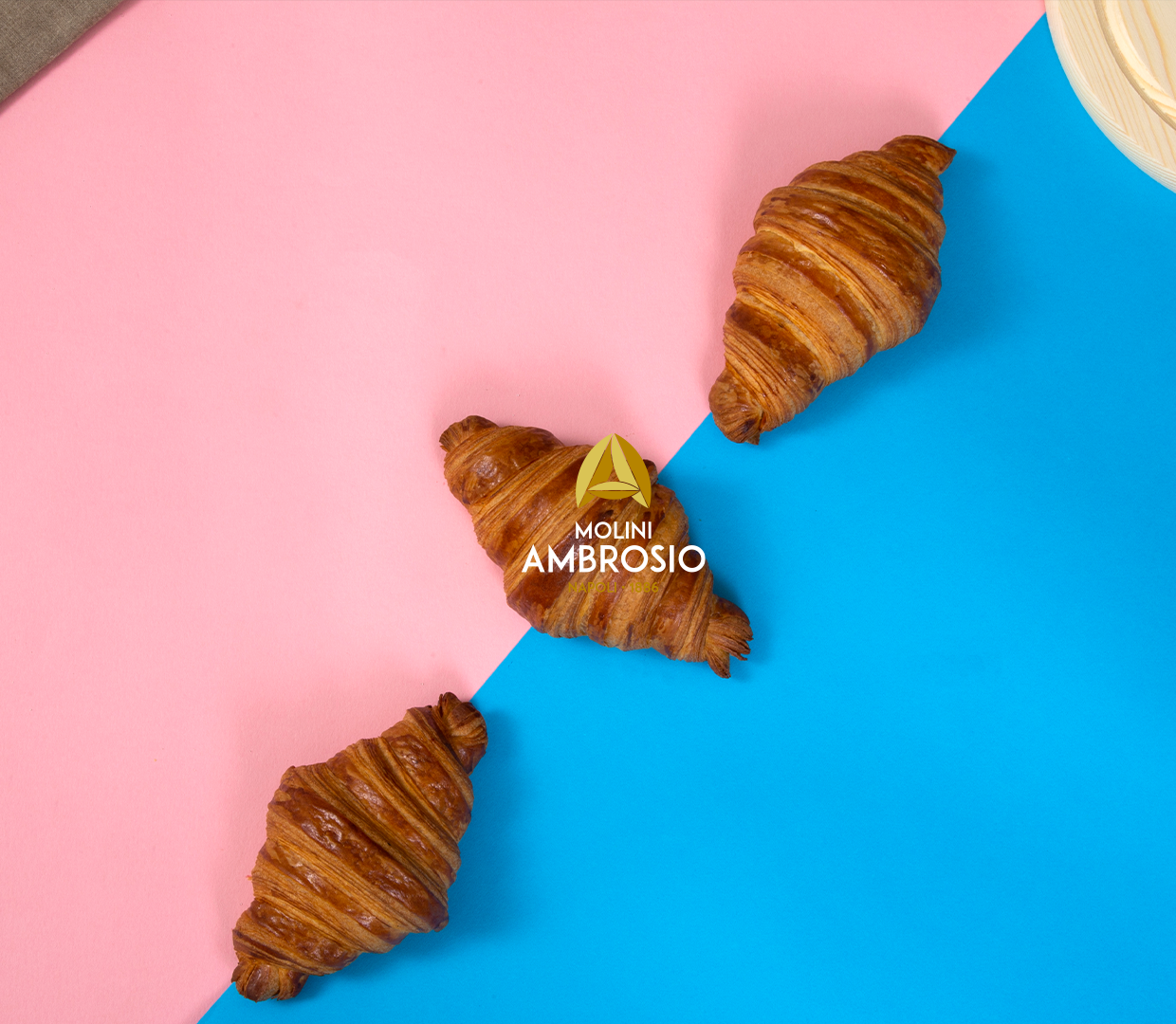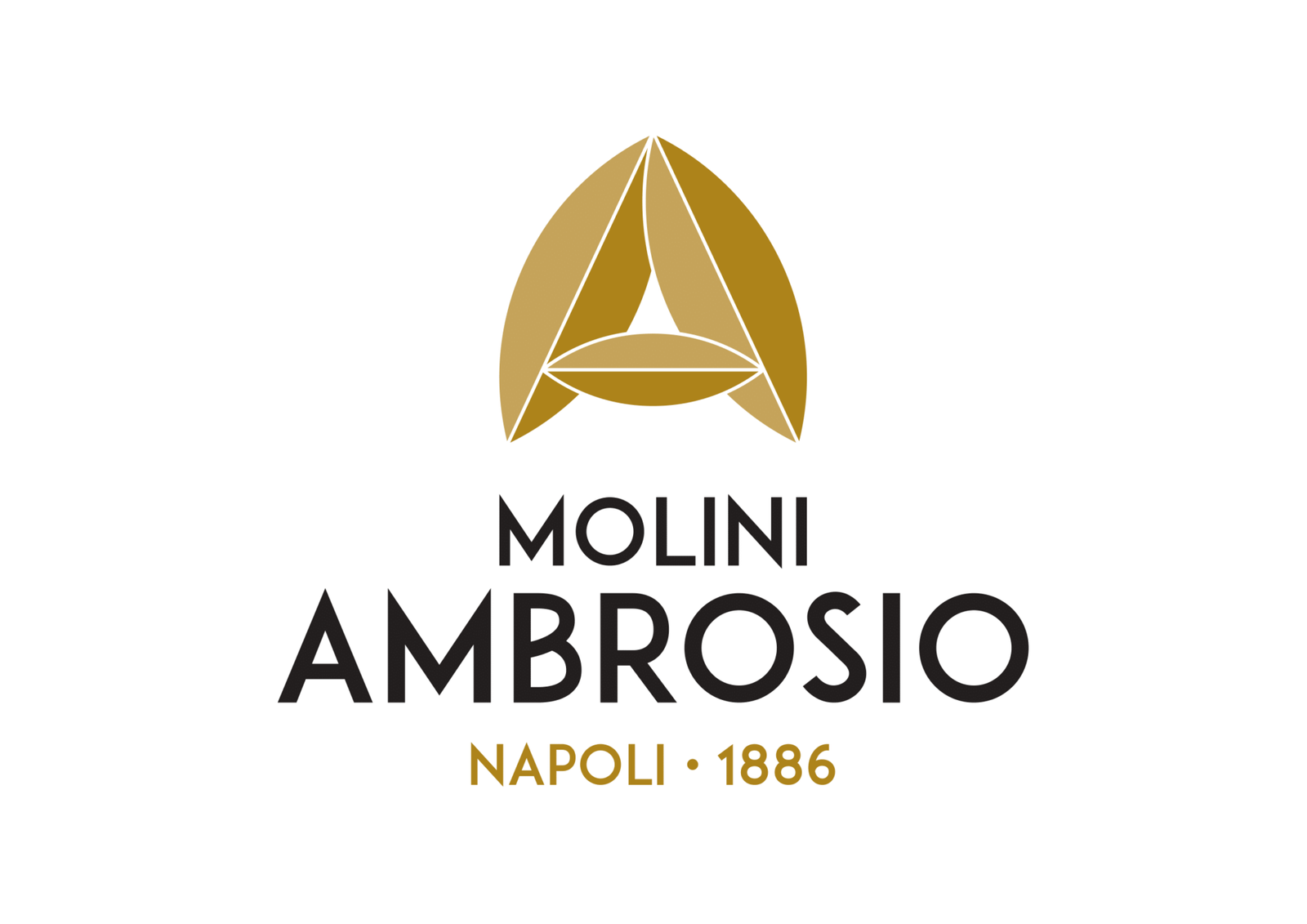In the heart of Italian gastronomic culture, where traditional craftsmanship is intertwined with attention to sustainability and technical precision, stands Molini Ambrosio, a company that has been a benchmark for high-quality flour for more than a century. Founded with a clear mission: to transform wheat into an ingredient capable of enhancing the creativity of pizza makers, bakers and pastry chefs, Molini Ambrosio remains the ideal partner for those seeking excellence.

Molini Ambrosio’s history is rooted in solid family knowledge, where every grain of wheat is processed with care and respect. Rigorous selection of raw materials and optimized milling methods guarantee an impeccable end product.
Values such as precision, reliability and dialogue with industry professionals are at the heart of the company’s philosophy. Molini Ambrosio, however, does not just preserve its long experience: the company embraces modernity with constant technological research and a strong commitment to sustainability.
A Partner for Taste Professionals
Molini Ambrosio goes beyond the production of flour. Each blend is the result of an ongoing discussion with industry professionals to meet specific needs with targeted solutions. Whether it’s a pizzaiolo looking for a soft and digestible dough, a baker who wants a crisp and fragrant crust, or a pastry chef looking for maximum technical performance, Molini Ambrosio flours are designed to ensure superior performance.
Collaboration with experts such as Filippo Rosato, master baker and pizza maker, and Giuseppe Maglione, pizza maker of excellence, is a unique added value. These partnerships allow for authentic and innovative synergies, developing products that enhance craftsmanship and tell a story of passion and expertise.


Technological Precision and Sustainability
Innovation for Molini Ambrosio translates into a perfect combination of technological research and attention to sustainability. Thanks to the use of state-of-the-art milling systems, the company is able to offer flours of consistent quality, tailored to the specific needs of professionals. In addition, a commitment to the responsible use of resources is reflected in production processes with a low environmental impact, fostering a more ethical and conscious future for the food industry.
This dedication to technical precision and sustainability distinguishes Molini Ambrosio as a true benchmark. It is not just about flour: it is the ability to create a product that enhances the identity of its users, combining quality, performance and responsibility.

